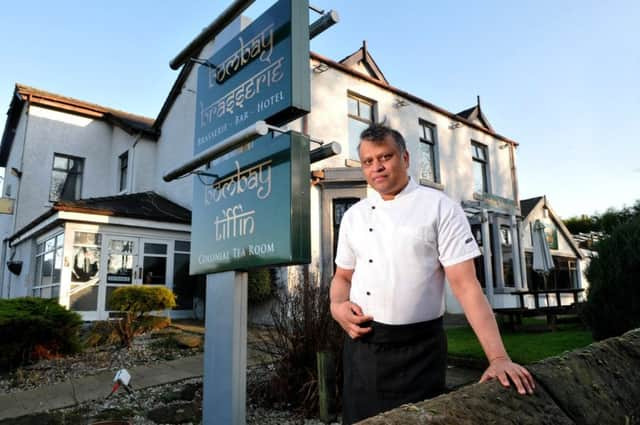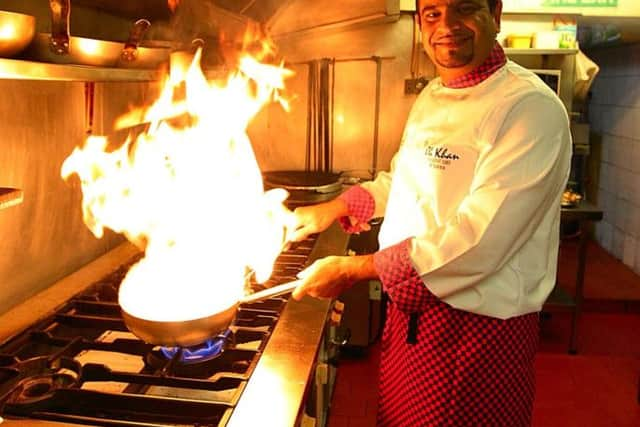Curry houses in '˜struggle to survive'


One Preston-based takeaway owner, who asked not to be named, said he thought the industry was in decline and described the situation as “very difficult”.
And businessman James Ford, who converted his fine dining restaurant Truffles in Whittle-le-Woods into fusion eatery Bombay Brasserie said he was also feeling the heat.
Advertisement
Hide AdAdvertisement
Hide AdJames, who changed the focus of his restaurant last year to try to bring more trade, said he was now hoping to sell the business because of financial problems.


He said Truffles had been struggling, and with a limited advertising budget he was unable to attract customers to the new venture.
James, 47, said: “The winter is supposed to be busy but January has been bad everywhere, in every restaurant.
“Advertising has always worked for me, but when I don’t have the finances it really did hit me badly that people didn’t know.”
Advertisement
Hide AdAdvertisement
Hide AdAnother Preston-based businessman who owns a takeaway said: “The competition is very difficult in Preston, and there are difficulties with getting hold of decent staff.


“There’s a lot of competition, prices have gone up on things that you have to buy, it’s just really difficult.”
And the takeaway owner said: “One of the biggest reasons why takeaways are struggling is Just Eat.”
Just Eat is an online food ordering service, which acts as an intermediary between takeaways and customers. Other online ordering companies are also available.
The takeaway boss said: “It is crippling the market.
Advertisement
Hide AdAdvertisement
Hide Ad“You can’t live with them or without them - if you come off you won’t get enough turnover, if you stay on there you get turnover but you give royalties to them of 14 per cent.
He said price ingredient increases had come into effect since Brexit, and said: “There are a lot of people out there who are prepared to sell things cheaply, whereas Indian food is a bit of a specialist subject.
“You need years of experience to become good at cooking it, but it doesn’t have that specialist price tag.
“What will happen is over the next few years more and more will go, and the quality of what you’re getting will decline.”
Advertisement
Hide AdAdvertisement
Hide AdOli Khan, senior vice president of the Bangladesh Caterers Association, said the decline of the industry was as a result of multiple factors.
He said: “There are so many issues - Brexit, immigration, and above all Just Eat because they are taking a lot of money off customers as well as businesses.”
“There is so much food coming from all over the world. 20 years ago there were only four popular food industries - Indian, Chinese, Italian and fast food, now there are so many different foods.”
Mr Khan said Just Eat was having a big impact on the industry, and said: “It’s a combination of all these issues.
Advertisement
Hide AdAdvertisement
Hide Ad“Brexit also had an impact. Some of the curry industry supported Brexit, they thought once it happened the government might think about the commonwealth countries, but it doesn’t seem like that’s going to happen.”
Industry bosses said Just Eat and online ordering services were beneficial to their businesses in some ways, but charged 14 per cent in commission.
Just Eat did not provide an official comment to the Lancashire Post, but said the organisation helped restaurants through various initiatives such as helping to drive standards in quality, helping to attract more orders through access to customers, and support with advertising and branding.